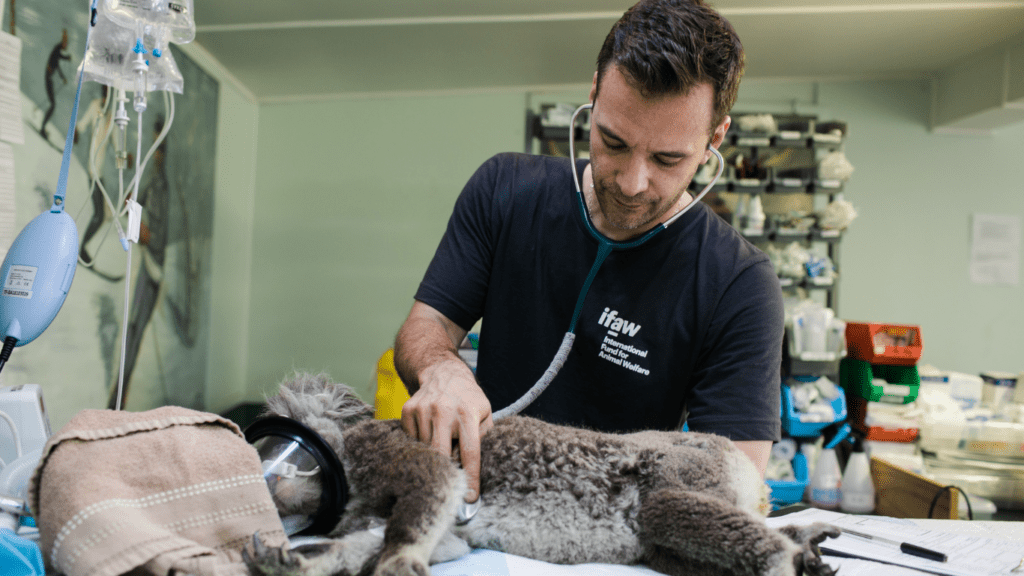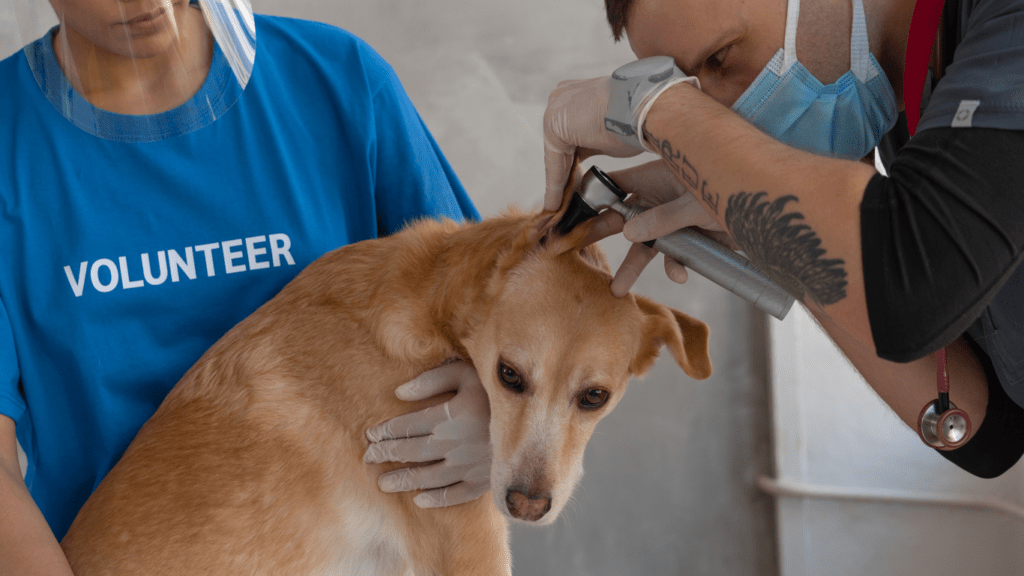Importance of Regular Vet Check-Ups
Regular vet check-ups ensure pets stay healthy and catch potential issues early. Routine exams let vets assess your pet’s overall health, identify early signs of illness, and recommend preventive measures.
An annual or bi-annual visit allows vaccines to be updated, protecting pets from diseases like rabies and distemper. Vets also perform dental checks to prevent oral diseases, which can affect other organs if untreated.
During check-ups, vets monitor weight, which helps in adjusting diet plans and managing obesity. Regular visits enable the detection of parasites, ensuring timely treatment. Diagnostic tests, often conducted during these visits, provide insights into your pet’s internal health, which physical exams might not reveal.
By consistently visiting the vet, you can track and maintain your pet’s health, ensuring they live a longer, happier life.
Key Health Questions to Ask

Regular check-ups are crucial for your pet’s health. To ensure you cover all critical aspects, ask your vet these key questions.
Vaccination Status
Confirming your pet’s vaccination status is essential. Ask your vet which vaccines are current and if any are due soon. Vaccines protect against diseases like rabies and distemper. Ensure your pet is up-to-date with both core and non-core vaccines based on their lifestyle and age.
Parasite Prevention
Inquire about the best parasite prevention plan for your pet. Discuss options for preventing fleas, ticks, and heartworms. Ask how often treatments should be administered. Effective parasite prevention safeguards against serious health issues like heartworm disease and Lyme disease.
Weight Management
Discuss your pet’s weight and body condition. Ask if their current diet is appropriate and if you should consider any changes. Inquire about the ideal weight range for your pet. Proper weight management prevents obesity-related problems like diabetes and joint issues.
Dental Health
Dental health is often overlooked but is vital. Ask your vet to check your pet’s teeth and gums. Discuss the best practices for maintaining dental hygiene. Learn about signs of dental disease and appropriate treatments if needed. Regular dental care helps prevent infection and other systemic issues.
Pet Behavior Concerns
Behavioral issues in pets can indicate underlying health problems or stress. It’s critical to discuss any unusual habits or socialization issues during regular check-ups.
Unusual Behaviors
Address any unusual behaviors with your vet to identify potential problems. Describe instances like sudden aggression, excessive licking, or changes in appetite. Mentioning these specifics helps the vet pinpoint possible causes. Different behaviors might correspond with health issues, stress, or environmental changes. Keep a log of these behaviors to provide detailed information during the visit.
Socialization Issues
Discuss socialization problems to ensure your pet’s well-being. Explain any difficulties they have when interacting with other animals or people. Examples include fear, shyness, or aggression during social encounters. Your vet may suggest behavioral training, socialization techniques, or even medical interventions if needed. Proper socialization enhances your pet’s quality of life, reducing anxiety and improving overall behavior.
Diet and Nutrition
Diet and nutrition play a crucial role in your pet’s health. Asking the right questions about your pet’s diet during vet check-ups helps ensure their well-being.
Dietary Recommendations
Vets often provide personalized dietary recommendations based on your pet’s age, weight, and breed. Ask about the best type of food—dry, wet, or raw diets—and the right portion sizes. Specific questions could be:
- What’s the best type of food for my pet’s age and breed?
- How much should I feed my pet daily to maintain a healthy weight?
- Are there any beneficial supplements for my pet?
Seeking specific answers helps avoid overfeeding or underfeeding issues.
Special Dietary Needs
Some pets have unique dietary needs due to health conditions. Inquire about specific diets if your pet has allergies, diabetes, or gastrointestinal issues. Important questions include:
- Does my pet need a special diet due to allergies or medical conditions?
- What signs should I look for to identify food allergies or intolerances?
- Can you recommend therapeutic diets for managing my pet’s condition?
Understanding these needs helps you provide a diet that supports your pet’s health and comfort.
Monitoring Chronic Conditions
Monitoring chronic conditions ensures that your pet’s health is stable and any complications are addressed promptly. Ask your vet about specific strategies for managing and identifying issues related to long-term health conditions.
Managing Existing Conditions
Knowing how to manage existing conditions like arthritis, diabetes, or heart disease is essential. Discuss medication schedules, dietary changes, and exercise routines with your vet. For example, ask how frequently to administer medication and what side effects to watch for in arthritis treatments. Inquire about special dietary requirements for diabetic pets, including which types of food and treats to avoid. Exercise specifics might focus on low-impact activities suitable for pets with heart conditions. Understanding all aspects of managing chronic conditions helps maintain a consistent and effective care routine.
Early Signs of Potential Issues
Identifying early signs of potential issues can prevent severe complications. Ask your vet which symptoms to monitor between visits. For instance, subtle signs like increased thirst could indicate kidney problems, while changes in appetite might signal digestive issues. Behavioral changes, such as reluctance to exercise or unusual lethargy, can also point to underlying health concerns. Request guidance on how to track these symptoms and when to seek immediate veterinary attention. Early detection and intervention play a critical role in managing chronic conditions effectively.



 Pet Travel & Safety Consultant
Jimmy Dixoneser is the go-to expert on pet travel and safety at Pet Paw Shack. He provides valuable guidance on how to ensure pets are safe, comfortable, and stress-free when traveling. From creating checklists for pet-friendly vacations to advising on the best travel gear, Jimmy’s expertise helps pet owners confidently navigate adventures with their pets, whether on the road or in the air.
Pet Travel & Safety Consultant
Jimmy Dixoneser is the go-to expert on pet travel and safety at Pet Paw Shack. He provides valuable guidance on how to ensure pets are safe, comfortable, and stress-free when traveling. From creating checklists for pet-friendly vacations to advising on the best travel gear, Jimmy’s expertise helps pet owners confidently navigate adventures with their pets, whether on the road or in the air.
